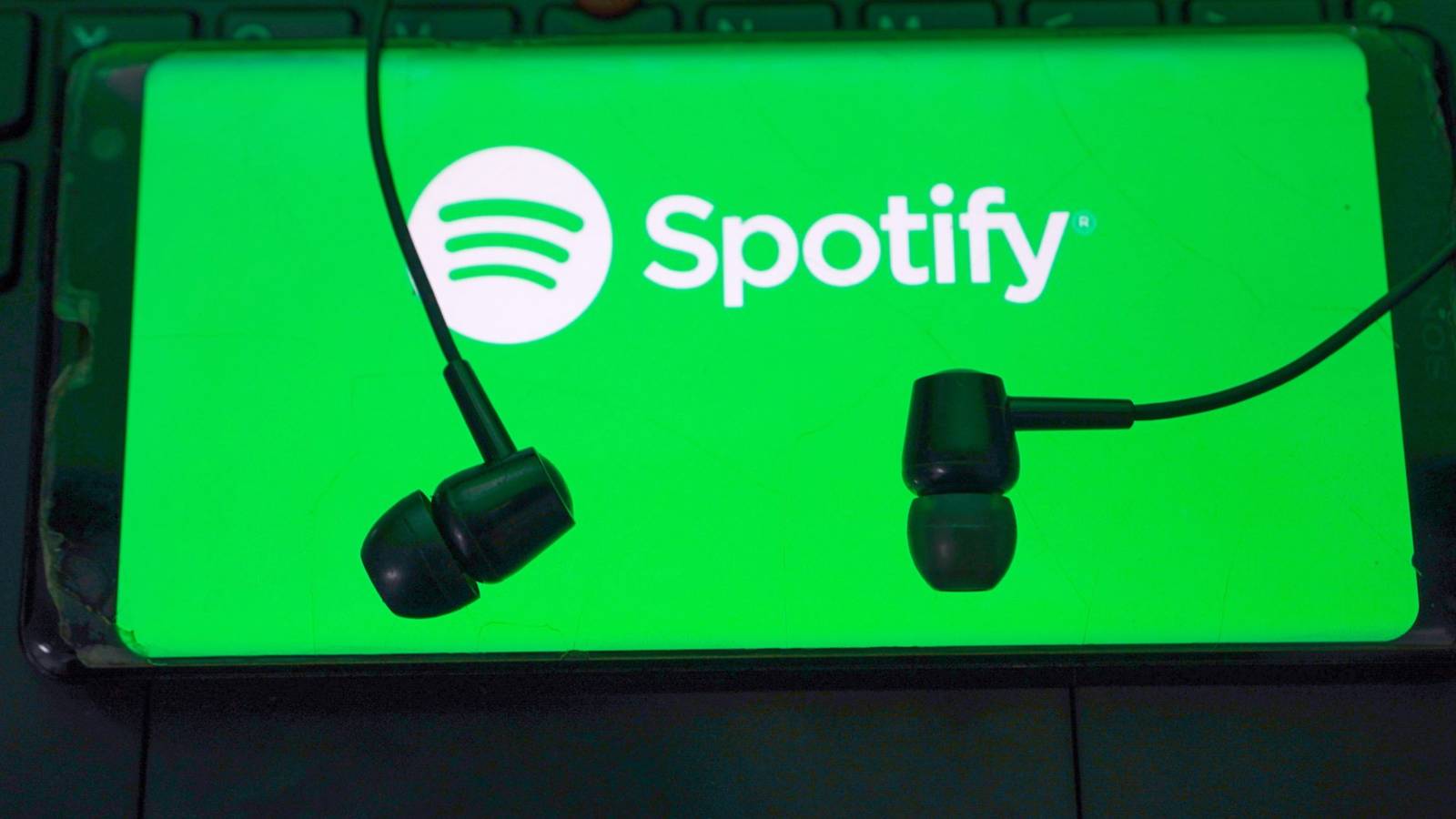Growing Presence And Industry Challenges

AI has officially joined the band, and the music world can’t decide if that’s progress or plagiarism. Recently, we’ve written about music streaming giant Spotify and whether the changes they’re making to AI-generated music on their service truly represent productive action. And music isn’t the only industry where AI has become a growing specter of concern.
Movies are now wrestling with AI creations like “actress” Tilly Norwood—a fully AI-generated “star” created by a tech studio (and promoted by agents) despite having no real life, no lived experience, and no emotional interior. That raises all kinds of questions about what it means for the future of performance (and what “acting” really is). Music similarly boasts the ability for a level of soulful expression that AI may imitate, but can never truly hope to touch the same way.
Why AI’s Presence In Music Keeps Growing
As we reported in our recent AI-Spotify story, the Welsh post-hardcore band Holding Absence was passed in monthly listeners by an AI “group” called Bleeding Verse—a project trained to mimic them. It took just two months for the imitation to outperform the original.
Holding Absence’s lead singer, Lucas Woodland, has since spoken out about this on social media, calling the news “shocking,” “disheartening,” “insulting,” and “a wake-up call.” His feelings are naturally, conflicted, and he’s shown support for both the total prohibiting of AI-generated “bands” so real ones don’t go extinct, or for AI “acts” to have greater transparency by placing prominent AI labels on their Spotify album covers.
While Spotify is rolling out an AI countermeasure with a system labeling and identifying the usage of AI music in created material, it would only be for album credits, not outright display. They claim this is due to the “nuance” of music’s AI usage, although Spotify has previously allegedly enhanced AI music listener numbers by slipping it into popular playlists.
The existing system has worked out well for the Bleeding Verse creator (someone with the alias “Andrew Frelon”). They’ve stepped forward, seemingly proud of their roles in creating both Verse and previous AI band headline-makers from earlier this year, the Velvet Sundown. According to Frelon, Verse took “around 15 minutes to make” in the generative AI music program Suno.
With Frelon stating that the two creations are part of “hundreds of other AI bands on their roster” (and Verse now being signed to the all-AI record label Hallwood Media), is there anything that major music labels and the industry at large can/want to do? Especially when it comes to a program with the generative imitation ability of Suno?
Fair Use And Copyright Law Have Been On The Side Of AI
In describing their process for creating Bleeding Verse, while Frelon may have used Holding Absence as “training” for the model, they never co-opted any of their material to avoid copyright infringement (even having Suno write the lyrics). This has also been a critical element in the AI company’s latest defense against a lawsuit from major music labels.
The labels initially attempted to claim in a suit that AI models “training” on copyrighted material wasn’t legal. While the issue is a newer one in the court of law, it seems to fall under the doctrine of “fair use.” A recent amendment to the lawsuit claiming that this material was obtained through stream-ripping piracy is disputed by Suno representatives.
But despite this push back, there’s also speculation that music labels Universal and Warner may soon agree to major AI licensing deals with various tech firms (even as lawsuits against Suno and another company, Udio persist over these copyright challenges). The labels, with catalogs including artists like Taylor Swift, Ariana Grande, and Charli XCX, could reach these deals imminently.
If a pact is struck, there could potentially be compensation for music labels providing licensing for their tracks to be utilized in training AI models and creating AI-generated music. The ongoing copyright lawsuits would be basically irrelevant. Despite the alleged promise of compensation for artists and labels, does this truly represent the best interests of musicians in the AI-laden world?
Corporate Interests May Outweigh The Protection Of Musical Integrity
When it comes to the growing presence of music generated by artificial intelligencethe red line in the sand for those in charge seems vague at best. Spotify’s response so far has been to control AI spam, but not to directly address any of the potential dangers AI-made music could have on real creators (like Bleeding Verse and Holding Absence).
Record labels have pushed back in court against AI models that train on licensed music, but they seem more inclined to strike deals with tech companies than to fight for stronger artistic protections. And if the industry keeps giving ground to AI-made music, where does it stop?
As long as the major industry players keep getting paid, it’s the actual creators (especially the smaller ones) who stand to lose. Sure, exploitation in music is nothing new. But at some point, the soul of human creativity is going to have to face off against a cheap software setting.

